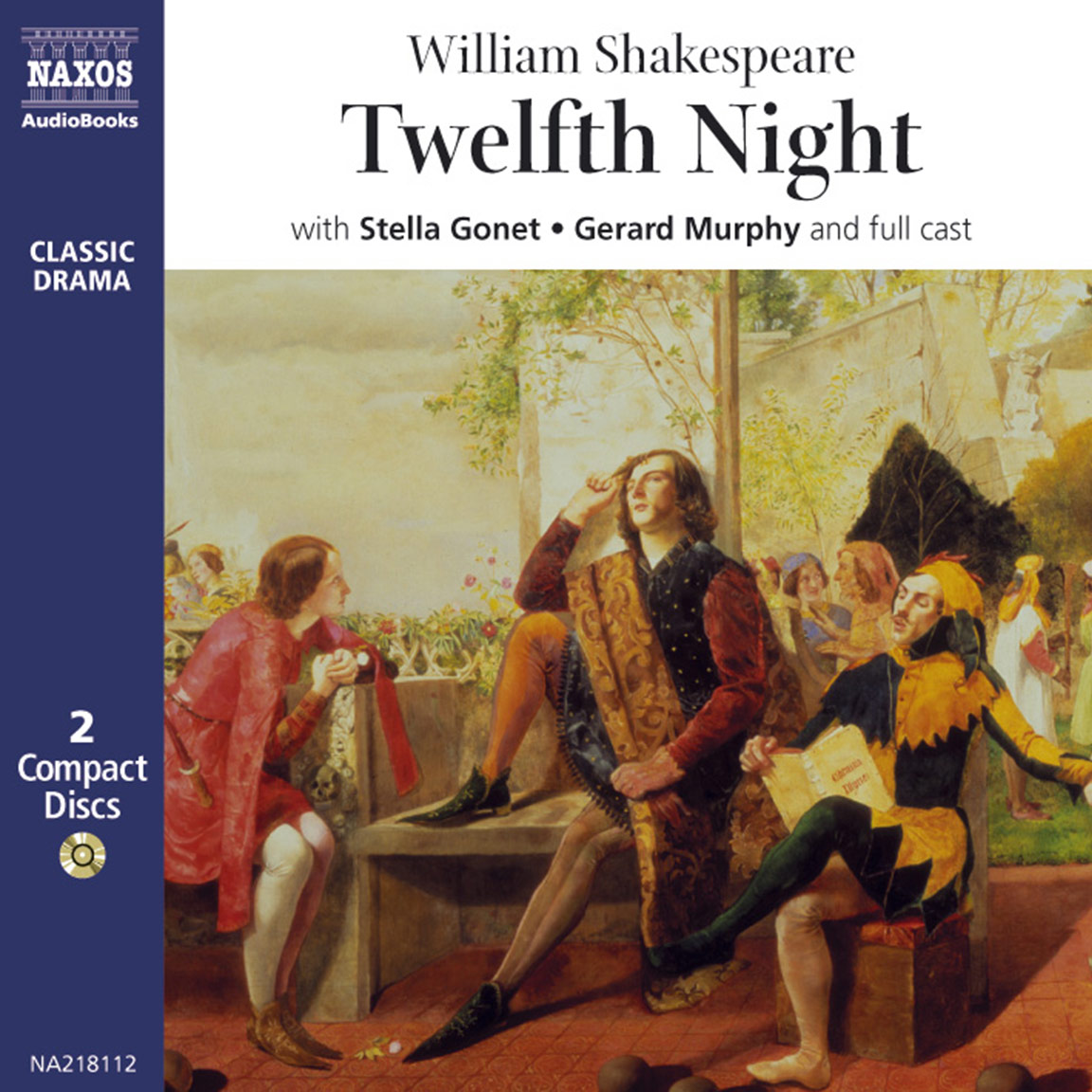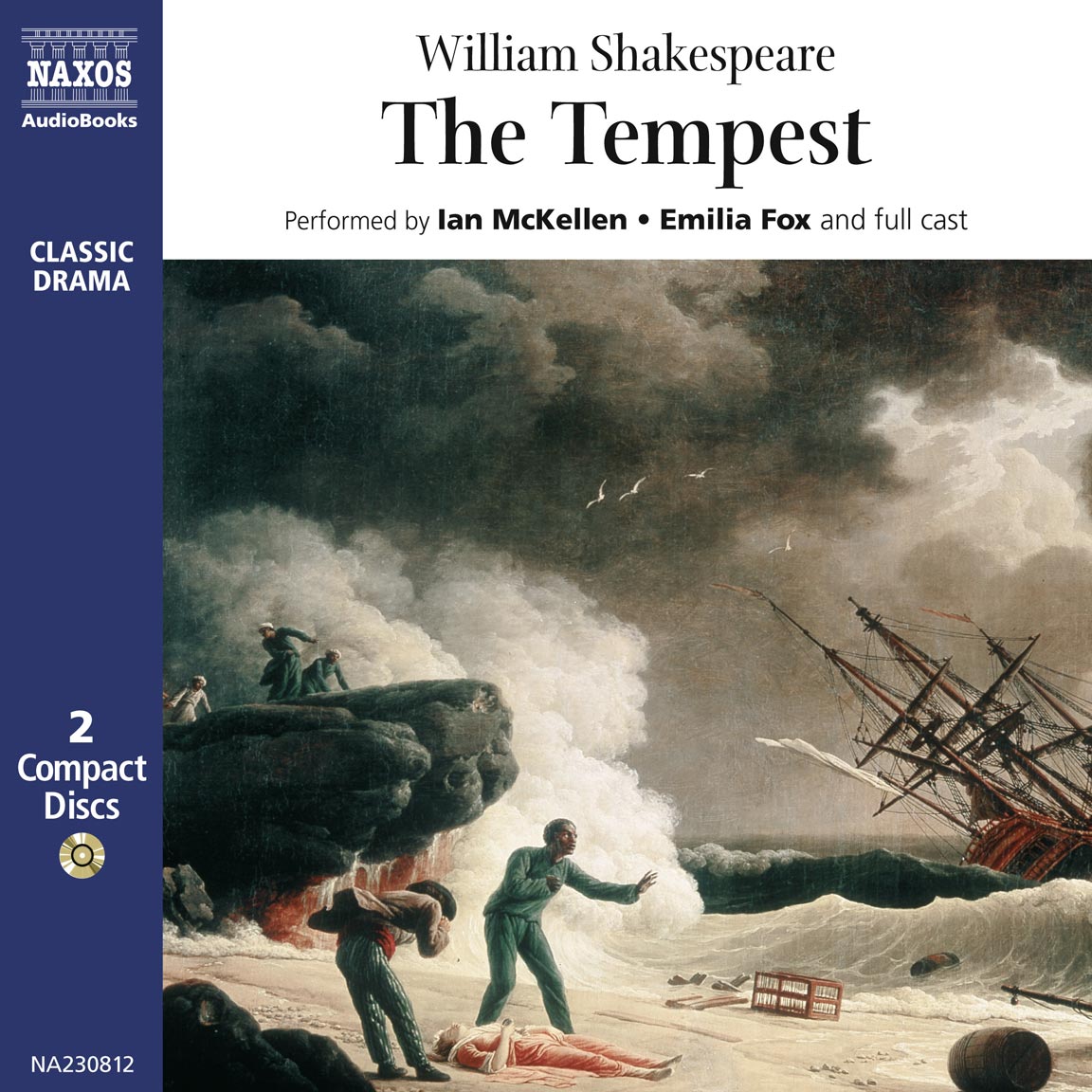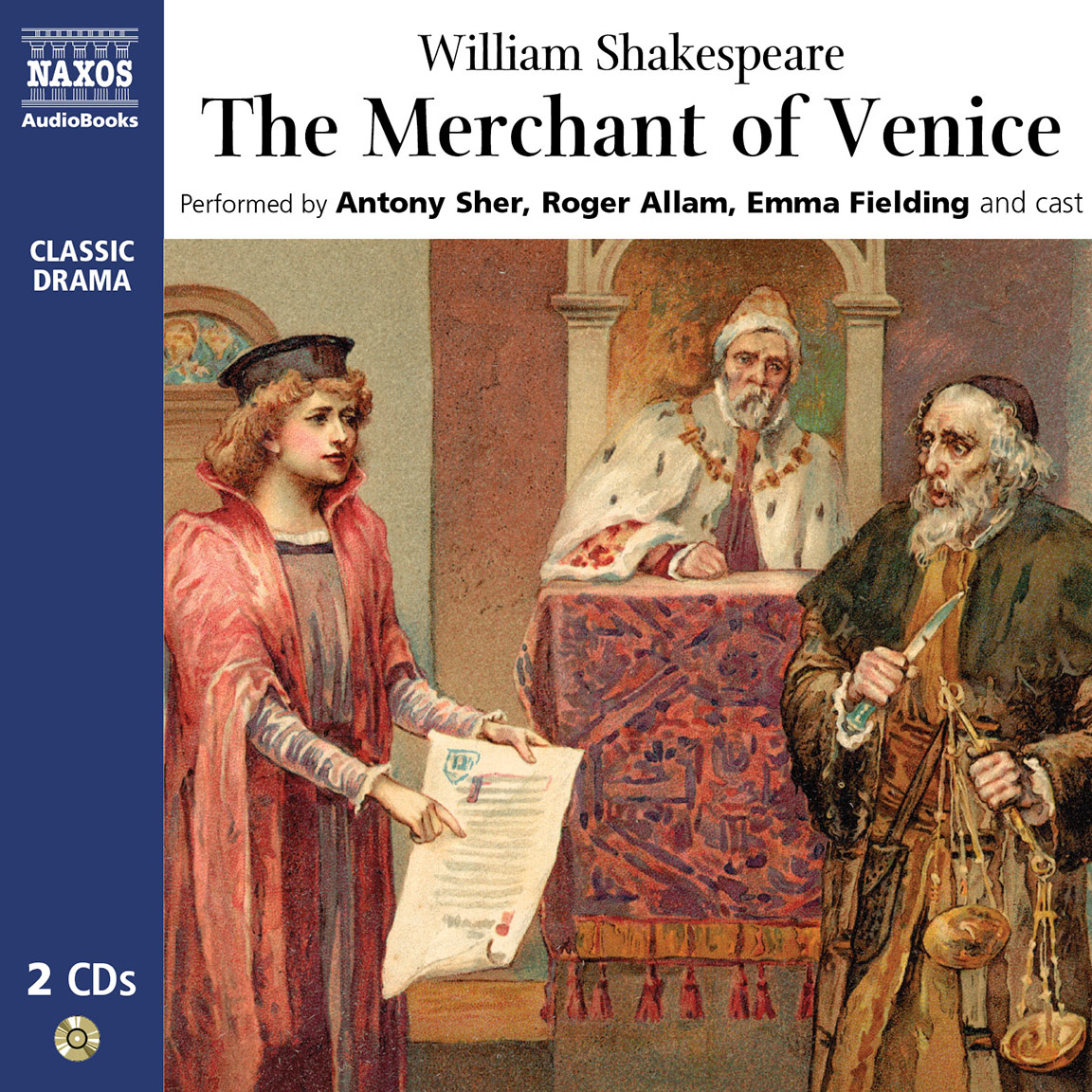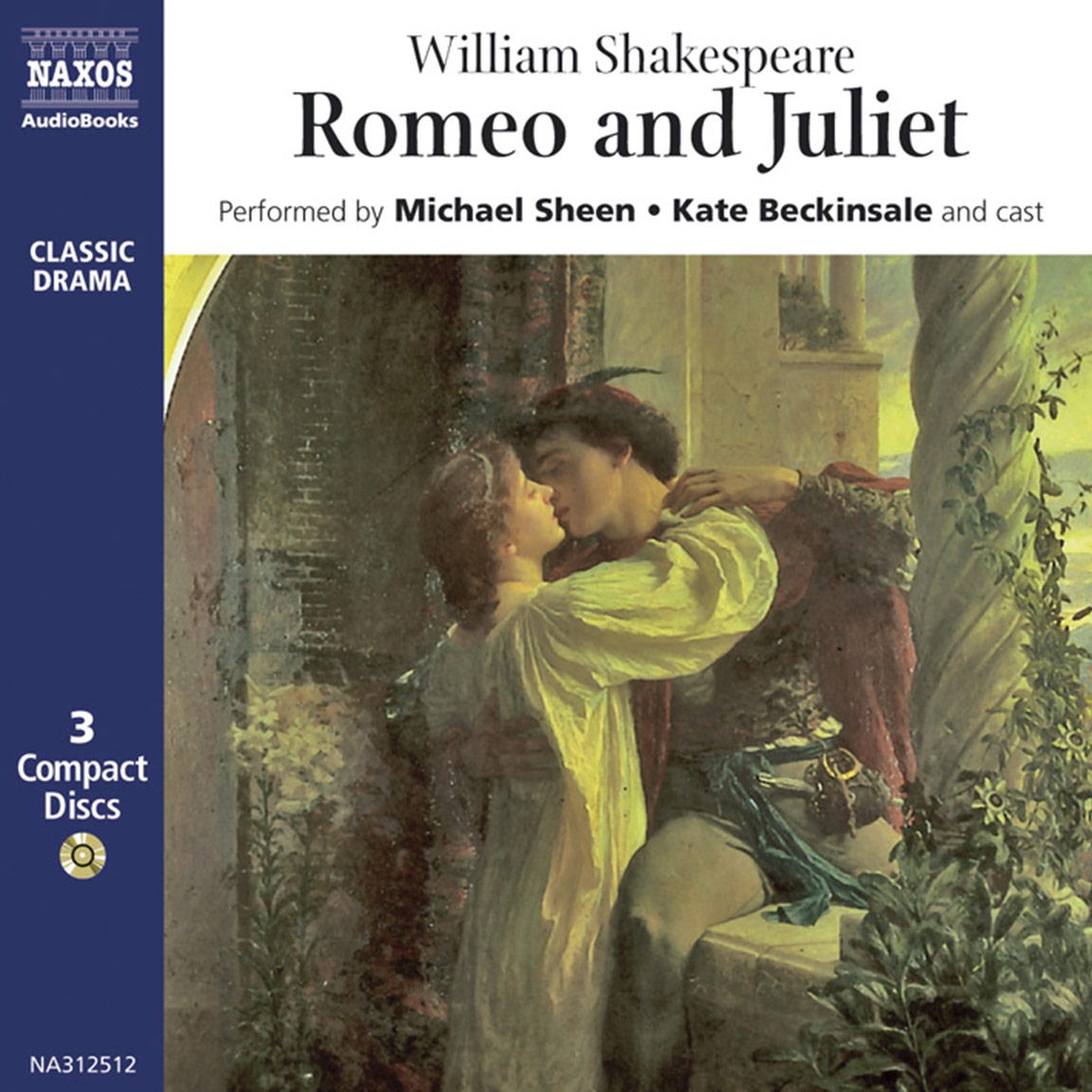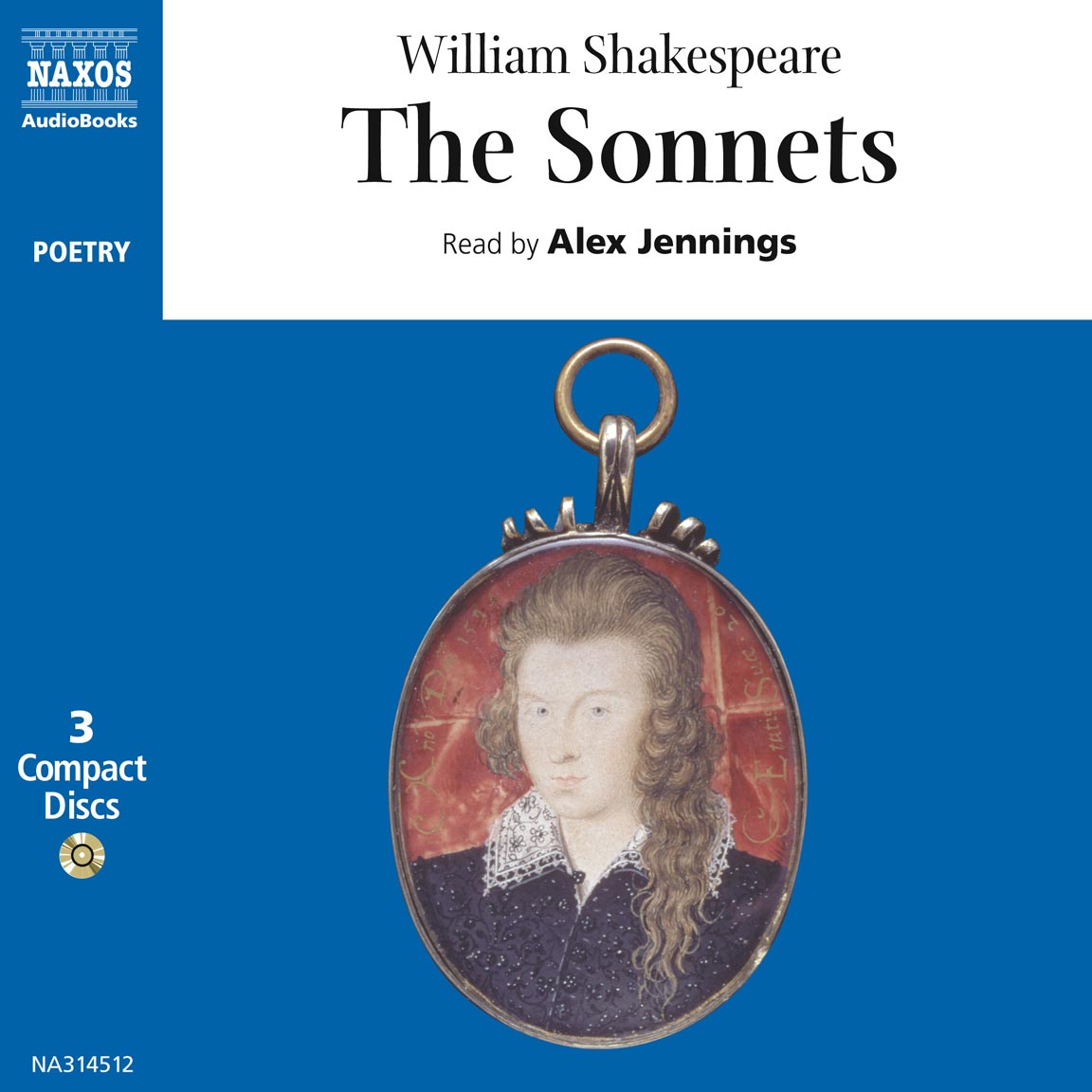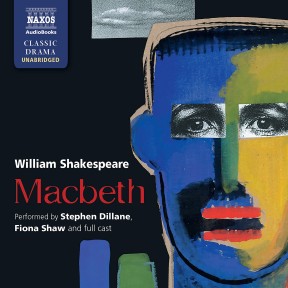
Audio Sample
William Shakespeare
Macbeth
Directed by Fiona Shaw
Performed by Stephen Dillane, Fiona Shaw, Denys Hawthorne, Declan Conlan, Adam Kotz, Colin Tiernay, Nicholas Gecks, Bruce Alexander, Bill Paterson, Annette Badland, Joyce Henderson, Pauline Lynch, June Watson, John Rogan, Benjamin Soames, James Boxer, Stella Gonet, Stephanie Lane, David Timson, Jonathan Keeble & Peter Yapp
unabridged
Macbeth, Shakespeare’s last great tragedy, has remained one of the most popular plays since it’s first performance in 1606 – probably in front of King James. This exciting new audiobook production is directed with fresh imagination by Fiona Shaw who breaks the conventional strait jacket that has hampered the development of Shakespeare on audio. We are as much in the twenty-first century as in medieval Scotland – the tensions, the politics, the struggle for power and dark ambition is part of our lives… This is also reflected in the sound world, with modern machinery and tanks. Macbeth is part of Naxos AudioBooks’ exciting new series of complete dramatisations of the works of Shakespeare, in conjunction with Cambridge University Press. It uses the New Cambridge Shakespeare text, as used by the Royal Shakespeare Company and educational institutions across the world.
-
Running Time: 2 h 21 m
More product details
Digital ISBN: 978-962-954-690-8 Cat. no.: NA316212 Download size: 66 MB Produced by: Nicolas Soames Directed by: Fiona Shaw BISAC: DRA010000 Released: May 2005 -
Listen to this title at Audible.com↗Listen to this title at the Naxos Spoken Word Library↗
Due to copyright, this title is not currently available in your region.
You May Also Enjoy
Cast
- Stephen Dillane
- Macbeth
- Fiona Shaw
- Lady Macbeth
- Denys Hawthorne
- Duncan
- Declan Conlan
- Malcolm/Apparition 2
- Adam Kotz
- Banquo
- Colin Tiernay
- Macduff/Apparition 1
- Nick Gecks
- Ross
- Bruce Alexander
- Lennox
- Bill Paterson
- Porter
- Annette Badland
- Witch 1
- Joyce Henderson
- Witch 2
- Pauline Lynch
- Witch 3/Gentlewoman
- June Watson
- Hecate
- John Rogan
- Doctor/Old Man/Siward
- Benjamin Soames
- Donaldbain/Young Siward
- James Boxer
- Fleance/Apparition 3
- Stella Gonet
- Lady Macduff
- Stephanie Lane
- Son of Macduff
- David Timson
- Captain/1st Murderer/Caithness/Lord/Seyton
- Jonathan Keeble
- 2nd Murderer/Mentheith/Servant
- Peter Yapp
- Angus/Servant/Soldier/3rd Murderer
Booklet Notes
By the time Shakespeare came to write Macbeth – almost certainly in 1605/1606 – he had already completed three of the great tragedies with which modern audiences are so familiar: Hamlet (1601), Othello (1603) and King Lear (1605). Each of those plays gives us an eponymous hero who is in some significant way flawed, but for whom we also inevitably feel deep sympathy, whatever his errors or crimes. But in Macbeth Shakespeare has chosen for his tragic hero a man guilty of the most terrible crime imaginable to a Jacobean audience, that of regicide – the murder of a king. Part of the writer’s triumph is to succeed in making Macbeth, whose crime we must detest, a man in whom we must also see something of our own darker side, our own potential for evil, so that Malcolm’s final judgement on him as a mere ‘butcher’ seems wholly inadequate, the verdict of someone who does not share the audience’s insight into Macbeth’s anguished inner world.
The Date and Sources of ‘Macbeth’
The dating of Macbeth is of particular interest because external, topical factors were clearly so influential in its composition. The play may well have been performed at court, in which case the emphasis on the supernatural would have chimed in perfectly with King James’ known interest in witchcraft; the monarch (who was also, of course, the Stuart James VI of Scotland) claimed direct descent from Banquo, the escape of whose son Fleance in Act 3 Scene 3 thus assumes crucial importance. Perhaps the most immediately significant event at this time was the discovery of the Gunpowder Plot in November 1605: the Jesuit Father Garnet was hanged for treason in May 1606, and his ‘equivocation’ over the truth during his trial is echoed satirically in the Porter’s speech (Act 2 Scene 3) – ‘Faith, here’s an equivocator, that could swear in both the scales against either scale; who committed treason enough for God’s sake, yet could not equivocate to heaven…’ Shakespeare’s concern is for national, natural or social disorder – the concern may be seen in almost any of his plays, whether history, comedy or tragedy. But in Macbeth he approaches it with particular focus and intensity, detailing its consequences in ways which range from the domestic horror of the murder of Lady Macduff and her children to the general disturbance of nature remarked on by the Old Man and Ross in Act 2 Scene 4, or expressed in the personification of Scotland offered by Macduff in Act 4 Scene 3: ‘It weeps, it bleeds; and each new day a gash/Is added to her wounds…’
The source of the play is relatively straightforward: Macbeth is almost entirely derived from the Elizabethan Raphael Holinshed’s Chronicles of British history. Of particular interest here is what Shakespeare altered or omitted, often for political reasons: for example, Holinshed has Banquo as an accomplice in Duncan’s murder. This is changed because, obviously, Shakespeare will not wish to offend his King by presenting his ancestor as a regicide. Additions which Shakespeare made in order to deepen character or enhance dramatic effect include the banquet scene, with the appearance of Banquo’s ghost (Act 3, Scene 4), and Lady Macbeth’s sleepwalking scene (Act 5 Scene 1).
Synopsis of the Play
Act 1 Scene 1: Three witches agree to meet Macbeth on the heath after the battle
against the rebels in which Macbeth, with Banquo, is leading King Duncan’s forces.
Scene 2: The King receives a report of the current state of battle: Macbeth is fighting with formidable valour. Ross then brings news of Macbeth’s victory. The treacherous Thane of Cawdor, captured by Macbeth, is to be executed and his title given to Macbeth.
Scene 3: The witches meet Macbeth and Banquo, greeting Macbeth as not only Thane of Glamis (which he already is) but also as Thane of Cawdor and ‘King hereafter’. They predict that Banquo will father kings, though he will not himself be one. News arrives that Macbeth has indeed been named Thane of Cawdor. Macbeth broods over the disturbing but exciting possibility that he might now become king, by fair means or foul.
Scene 4: King Duncan honours the achievements of his two generals, but checks Macbeth’s hopes of legal succession by naming his elder son Malcolm as heir to the throne.
Scene 5: Lady Macbeth reads a letter from her husband which details the prophecies. Immediately excited by the prospect of her husband’s kingship, she realises that she must be the driving force behind the murder they will have to commit. A messenger brings news that the King will stay in the Macbeths’ castle that very night: seeing her opportunity, she prays for strength to the ‘spirits that tend on mortal thoughts’. Macbeth enters.
Scene 6: Duncan is welcomed graciously by his hostess.
Scene 7: Macbeth has left the banquet to wrestle with his conscience over the prospective murder of his guest, the King. Lady Macbeth finds and furiously upbraids him: he is persuaded once more to do the deed.
Act 2 Scene I: Macbeth and Banquo agree to speak at another time of the witches and their prophecies. Alone and waiting for the prearranged signal from his wife, Macbeth feverishly imagines the dagger he will use showing him the way to Duncan’s chamber.
Scene 2: Macbeth, paralysed with fear and guilt, returns to his wife, having killed Duncan. She assures him that ‘a little water clears us of this deed’. They are interrupted by a loud knocking at the castle gates.
Scene 3: The Porter, imagining himself the porter of ‘hell-gate’, makes his way to the gate to let in Macduff and Lennox. Macduff is appalled to discover the King’s murdered body. Suspicion initially falls on the King’s guards, whom Macbeth claims to have murdered in a fit of righteous anger, but Malcolm and Donaldbain, Duncan’s sons, fearing further treacherous violence, flee the country.
Scene 4: An old man describes the unnatural signs in nature. Ross will attend Macbeth’s investiture as King, but Macduff, hinting at his suspicions of Macbeth, refuses to join him.
Act 3 Scene 1: Now King, Macbeth is fearful of Banquo and his offspring: he hires two murderers to assassinate Banquo and his son Fleance as they return to the castle that evening.
Scene 2: Macbeth and his wife attempt to reassure themselves: Macbeth hints at the planned murder and claims that the deed will make their position safer.
Scene 3: Banquo is killed, according to plan, but Fleance escapes.
Scene 4: Entertaining the Scottish lords at a great banquet, Macbeth is overwhelmed by terror at the appearance of Banquo’s ghost, visible to no-one else. Lady Macbeth is forced to bring the evening to an abrupt halt, conscious that suspicions must now be directed at her husband.
[Scene 5: Hecate reproaches her minions, the witches. This scene is almost certainly not by Shakespeare.]
Scene 6: Lennox and another Lord speak darkly of the current pitiful state of Scotland. Hope lies with Malcolm and Macduff, who have gone to England to seek Edward the Confessor’s help in restoring rightful rule to Scotland.
Act 4 Scene I: Macbeth visits the witches to seek reassurance. They warn him to beware Macduff; claim that ‘none of woman born shall harm Macbeth’, and that he will never be defeated until ‘Great Birnam wood to high Dunsinane hill/Shall come against him’. But they also show him a vision of Banquo’s descendants as Kings of Scotland. Macbeth resolves to murder Macduff and his family immediately.
Scene 2: Lady Macduff, talking to her young son (who is precociously aware of the prevalence of evil), is unable to escape Macbeth’s assassins. She and her children are butchered.
Scene 3: In England, Malcolm tests Macduff’s loyalty by pretending that, when he has recovered the throne, he will be an even more monstrous ruler than Macbeth. Macduff’s horror confirms his loyalty. Ross arrives with news of the murder of Macduff’s family. Macduff swears vengeance.
Act 5 Scene I: A doctor and a waiting gentlewoman observe the now deranged Lady Macbeth as she walks and talks in her sleep, revealing her guilt.
Scene 2: The Scottish elements of the force sent to destroy Macbeth are about to join their English allies near Birnam wood.
Scene 3: Some of Macbeth’s fellow thanes are deserting to the approaching army, but Macbeth remains defiant, bolstered by the witches’ prophecies.
Scene 4: Malcolm orders his soldiers to cut down branches from Birnam wood and carry them to camouflage their advance.
Scene 5: Inside Dunsinane Castle news is brought to Macbeth of his wife’s death, presumably by suicide. Then Birnam wood is reported to be on the move.
Scene 6: Malcolm asks old Siward and his son to lead the assault on Dunsinane.
Scene 7: Battle having been joined outside the castle, Macbeth encounters and kills young Siward. Macduff seeks out Macbeth.
Scene 8: Macduff finds Macbeth and they fight. Macduff tells Macbeth that he was ‘from his mother’s womb untimely ripp’d‘ – i.e. born by Caesarean section. Macbeth is dismayed to discover the treacherous ‘double sense’ of the last of the witches’ prophecies.
Scene 9: Old Siward is comforted by the thought that his son died fighting bravely. Macduff appears holding Macbeth’s severed head aloft, and Malcolm is acclaimed King of Scotland.
Macbeth is one of the shortest of Shakespeare’s plays, especially in comparison with the other great tragedies. The action proceeds swiftly, conveying sometimes a sense of almost sickening rapidity and violence, especially when Macbeth resolves that ‘the very firstlings of my heart shall be/The firstlings of my hand’, and we are plunged immediately into the terrifying scene of slaughter in Macduff’s castle. This uneasy motion is in fact suggested in the very first scene of the play, when a disturbing moral ambiguity is established by the witches’ ‘Fair is foul, and foul is fair’. The play, in other words, is to conjure a world where nothing can be trusted to be what it seems, where ‘nothing is, but what is not’: ‘Is this a dagger which I see before me…or art thou but a dagger of the mind, a false creation?’ This is, then, as much a drama of atmosphere as of character, and the atmosphere is in part created by Shakespeare’s brilliantly vivid and consistent use of imagery – for example, of light and dark, disease, clothing and sleep – while the character interest is almost wholly centred around the Macbeths. Goodness is perhaps inevitably less interesting than evil, and in any case it is clear that neither of the Macbeths is purely wicked: Lady Macbeth is eventually eaten up and destroyed by her guilt, while Macbeth’s mental and spiritual anguish is repeatedly conveyed, whether in his obsessive belief that he has ‘murdered sleep’ or his final state of numb despair where life is no more than a ‘tale/Told by an idiot, full of sound and fury,/Signifying nothing’. One might say that the play exists simultaneously on two levels: the level of physical action, powerfully conveyed, but almost more importantly the level of spiritual conflict being fought out within Macbeth himself. Evil, for Shakespeare, is inevitably and rightly self-destructive: but who can emerge from an experience of this extraordinary play without a pang of regret for the man that Macbeth might have been and once was?
Notes by Perry Keenlyside
Macbeth – the Theatre Legend
Is there a curse on the play of Macbeth? Some actors believe so, to the extent that direful things will happen to the current production if the play is quoted or even mentioned by name. That is why, in hushed tones, you’ll hear thespians referring to the ‘Scottish play’. Indeed, so virulent is the superstition that should a hapless actor let fall a quote in a dressing room, he is obliged to leave the room, turn around three times, spit (or swear), and knock on the door to be granted re-entry!
But is there any basis for this tradition? It certainly seems that Macbeth has been dogged with bad luck over the centuries. In the 1930s, for instance, at the Old Vic, four different actors played the Thane in one week. The first lost his voice, the second caught a chill, the third was sacked and the fourth finally did make it to the stage, but not, I imagine without considerable first- night nerves.
Mishaps involving the fight between Macbeth and Macduff are legion: swords breaking and points just missing members of the audience, fatal stabbings and one poor actor in the 19th century who had to face the violent force of Macready’s Macbeth, and succeeded in losing both his thumbs!
As is often the case, there is a practical reason behind the superstition. In the days of the strolling players, when a company saw Macbeth advertised as their next production, it was often a sign that they were not doing well at the box office, and this popular play was expected to save the day. So it is not perhaps surprising that the mere mention of this play is considered unlucky for actors.
There is also a sinister side to the superstition. Tradition has it that the young boy-actor Hal Berridge, who created Lady Macbeth, died during the first performance; and there is a rumour that the Witches’ incantations contain a genuine Black Magic Curse, thus perpetuating in every performance the play’s unprecedented run of bad luck that has lasted nearly 400 years.
David Timson
